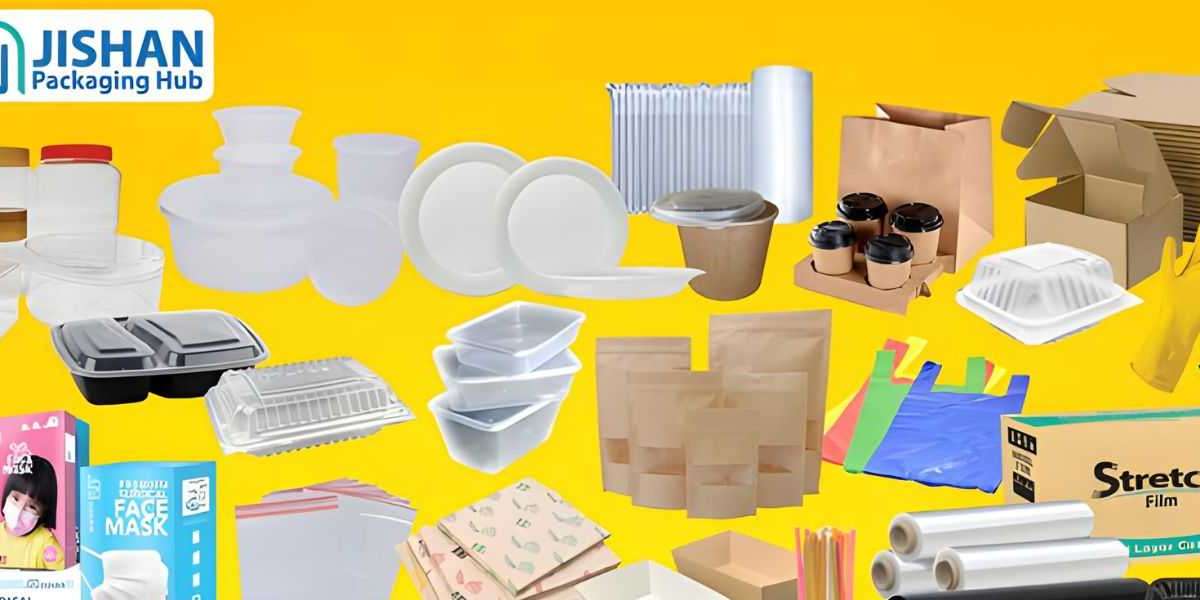MDF (Medium Density Fiberboard) gift boxes are increasingly popular for their blend of elegance, durability, and customization potential. Whether you're sourcing them for corporate gifts, product packaging, or personal use, understanding the quality indicators of an MDF box is essential. This article provides a detailed guide on how to assess the quality of MDF boxes from a professional and practical perspective.
Understanding MDF as a Material
Medium Density Fiberboard is an engineered wood product made by breaking down hardwood or softwood residuals into wood fibers, combining them with wax and resin binders, and forming panels by applying high temperature and pressure. MDF is renowned for its smooth surface, consistency, and ease of machining.
Compared to solid wood, MDF is less prone to warping or cracking and provides a superior surface for painting and lamination. These characteristics make it a suitable material for crafting premium gift boxes. However, not all MDF is created equal, and the final quality of an MDF box depends significantly on the quality of the board used and the craftsmanship involved.
NOTE:- Each MDF Gift Box was built using durable, eco-conscious materials and beautifully finished interiors. Pleasant Carpentry met deadlines with unmatched quality. Businesses trusted the results. Reach out to Pleasant Carpentry for your next packaging solution.
Evaluating the Material Quality
Surface Finish
A high-quality MDF box will have a smooth, consistent surface free from visible grain, knots, or surface blemishes. The finish should be even whether it's painted, laminated, or veneered. Any irregularities, bubbles, or cracks in the surface coating can be signs of inferior materials or poor manufacturing.
Density and Weight
Higher-density MDF provides better strength and durability. You can often judge this by the weight of the box—heavier MDF boxes tend to be denser and sturdier. Low-density MDF may feel light and fragile, indicating a compromise on structural integrity.
Edge Integrity
Well-crafted MDF boxes will have clean, sharp edges without flaking or fraying. Examine corners and cuts: good quality MDF should not chip easily when machined. Poor edge quality can result in splintering and lower overall aesthetics and usability.
Assessing Build Quality
Joinery and Assembly
Inspect the joints of the MDF box. Quality boxes will have tight, seamless joints—often using methods such as miter joints, rabbet joints, or dowels—secured with strong adhesives or fasteners. Loose or gapping joints are a clear indicator of substandard construction.
Lid Fit and Functionality
The lid of a premium MDF gift box should fit snugly without being too tight or too loose. Hinged boxes should open smoothly and close securely. Magnetic or clasp closures should be properly aligned and functional, offering both convenience and security.
Symmetry and Alignment
Look for uniformity in design and structure. All sides of the box should be symmetrical, and components such as lids, drawers, or compartments should be precisely aligned. Crooked edges or misaligned features suggest rushed manufacturing or poor-quality control.
Evaluating Aesthetic Quality
Finish and Coating
A high-quality finish enhances both the look and durability of the MDF box. Whether it's glossy, matte, lacquered, or textured, the coating should be evenly applied and resistant to scratching or peeling. UV coatings and laminates add to longevity and visual appeal.
Detailing and Customization
Superior boxes often feature fine detailing, such as laser engraving, embossed logos, or decorative trims. If the box has custom printing or branding, it should be crisp, vibrant, and well-integrated into the design without bleeding or fading.
Interior Design
Inside the box, look for thoughtful design elements like velvet linings, cushioned compartments, or foam inserts that enhance presentation and protect contents. Inferior products may lack interior finish or use cheap, flimsy materials.
Longevity and Durability
Resistance to Moisture and Wear
Although MDF is not inherently water-resistant, high-quality boxes may include protective coatings or laminates that resist moisture and minor abrasions. Test for durability by gently pressing on corners or edges to see if the box holds its shape and resists denting.
Reinforcement Features
Premium MDF boxes may incorporate reinforcements at stress points—such as metal corners, extra internal supports, panel painting or double-layered panels. These additions enhance structural integrity and longevity, especially for boxes meant for repeated use.
Manufacturer Reputation and Certification
Brand Credibility
Reputable manufacturers are transparent about the materials used and their production processes. Look for companies with a history of quality craftsmanship, good customer reviews, and a professional presence in the industry.
Sustainability and Certification
High-quality MDF products often come from manufacturers that adhere to environmental standards. Certifications such as FSC (Forest Stewardship Council) indicate responsible sourcing of wood fibers. Additionally, low formaldehyde emissions (E0 or E1 grade) are signs of a safer, eco-friendly product.
Practical Tests for Quality
Touch and Feel Test
Run your hand over the surface to feel for smoothness and finish consistency. A good quality MDF box should feel solid and refined, with no rough patches or uneven textures.
Smell Test
New MDF can have an odor due to adhesives and coatings. While a mild scent is normal, a strong chemical smell might indicate high formaldehyde content, which can be a health concern.
Stress and Weight Test
Gently apply pressure to the sides or top of the box to check its structural strength. A high-quality box should not flex or show signs of stress under normal handling conditions.
Common Red Flags to Watch For
- Visible glue residue at the joints
- Uneven paint or laminate application
- Loose hardware or poorly attached hinges
- Warping or bending of panels
- Light, flimsy feel indicating low-density MDF
- Misaligned lids or poor fit
Conclusion
Identifying a high-quality MDF gift box requires attention to both material properties and craftsmanship. From surface finish and joinery to interior design and durability features, each aspect plays a role in determining overall quality. By knowing what to look for, you can make informed purchasing decisions that align with your standards for aesthetics, functionality, and long-term value.
Whether you're a buyer sourcing bulk packaging solutions or an individual shopping for a refined gift presentation, understanding these key quality indicators ensures you choose MDF boxes that truly deliver on both performance and presentation.







